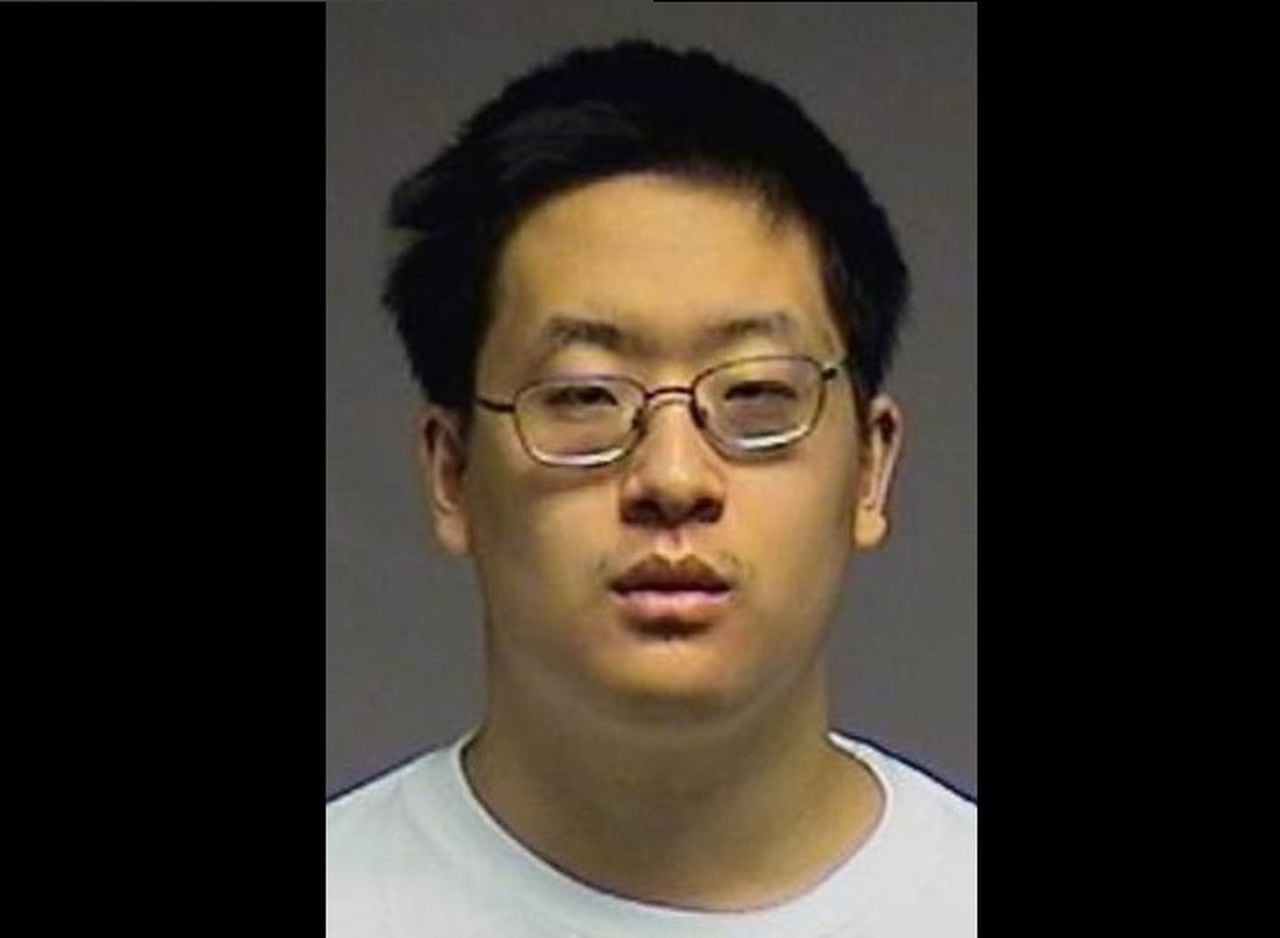
New York’s no-bail law has presented another concern recently due to an alarming incident that brought its flaws to the forefront. A Cornell University student, Patrick Dai, was accused of making terroristic threats online, an offense that could have led to his immediate release under the state’s bail reform law.
Fortunately, the FBI and United States Attorney for the Northern New York District intervened and prevented New York’s law from becoming a dangerous loophole, ultimately saving the community from potential terrorizing.
Federal prosecutors revealed that in an online discussion board, Dai allegedly threatened to “shoot up” a campus building. In another post, he said he would “stab” or “slit the throat” of Jewish men, and rape or throw off a cliff Jewish-women he encounters on campus.
This case serves as a stark reminder of the unintended consequences of well-intentioned criminal justice reforms. While New York’s no-bail law aimed to reduce pretrial detention for non-violent offenders who couldn’t afford bail, it created an environment where those accused of more serious crimes, like making terroristic threats, could be released with minimal scrutiny.
If Patrick Dai was arrested by the New York State Police or local authorities, New York state’s bail reform law would have required a judge to release Dai immediately, with no questions asked. This troubling fact underscores the importance of striking the right balance between individual rights and public safety.
The FBI and the United States Attorney taking over this case and moving forward in federal court was essential to address this glaring loophole in New York’s criminal justice system that would have had Dai released and back on the Cornell campus in few short hours. It reminds us that, in certain situations, federal agencies may need to step in to maintain community safety when state laws fail to do so.
The federal law charged Dai under 18 U.S. Code Section 875(c), which allowed for his remand due to transmitting threats to kidnap or injure others across state lines, using interstate commerce (the internet). In contrast, New York state’s equivalent, found in Penal Law Section 490.20, focuses on making a terroristic threat with an intent to intimidate or coerce a civilian population or unit of government by threat of murder or kidnap. Notably, New York’s law classifies making a terroristic threat as a class D non-violent felony that is not a bail-eligible offense and requires a judge to release the defendant. If Mr. Dai was handing out flyers on the street threatening the same acts, the federal charges would not have been possible and he would have been released.
This contrast highlights the complexity of the criminal justice system and the implications of different legislative approaches when addressing threats and ensuring public safety. While such federal interventions are vital, they should not be the norm, but rather a last resort when the system’s flaws become too apparent to ignore.
The incident involving Patrick Dai should serve as a wakeup call for lawmakers and those who have staunchly defended New York’s no-bail law. It is an opportunity to acknowledge the flaws that have been repeatedly pointed out by myself and many of my colleagues. Our legislature and governor must work toward a more balanced and effective criminal justice system.
While the goal of reducing pretrial detention is noble, it should not come at the cost of public safety. Striking a balance between safeguarding individual rights and protecting the community should be the guiding principle. New York state judges should have the ability to assess and determine whether a defendant poses a danger to others or the community and decide on whether pre-trial detention is appropriate.
(New York State Assemblyman Michael Reilly represents Staten Island’s 62nd Assembly District.)
This post was originally published on this site be sure to check out more of their content.







